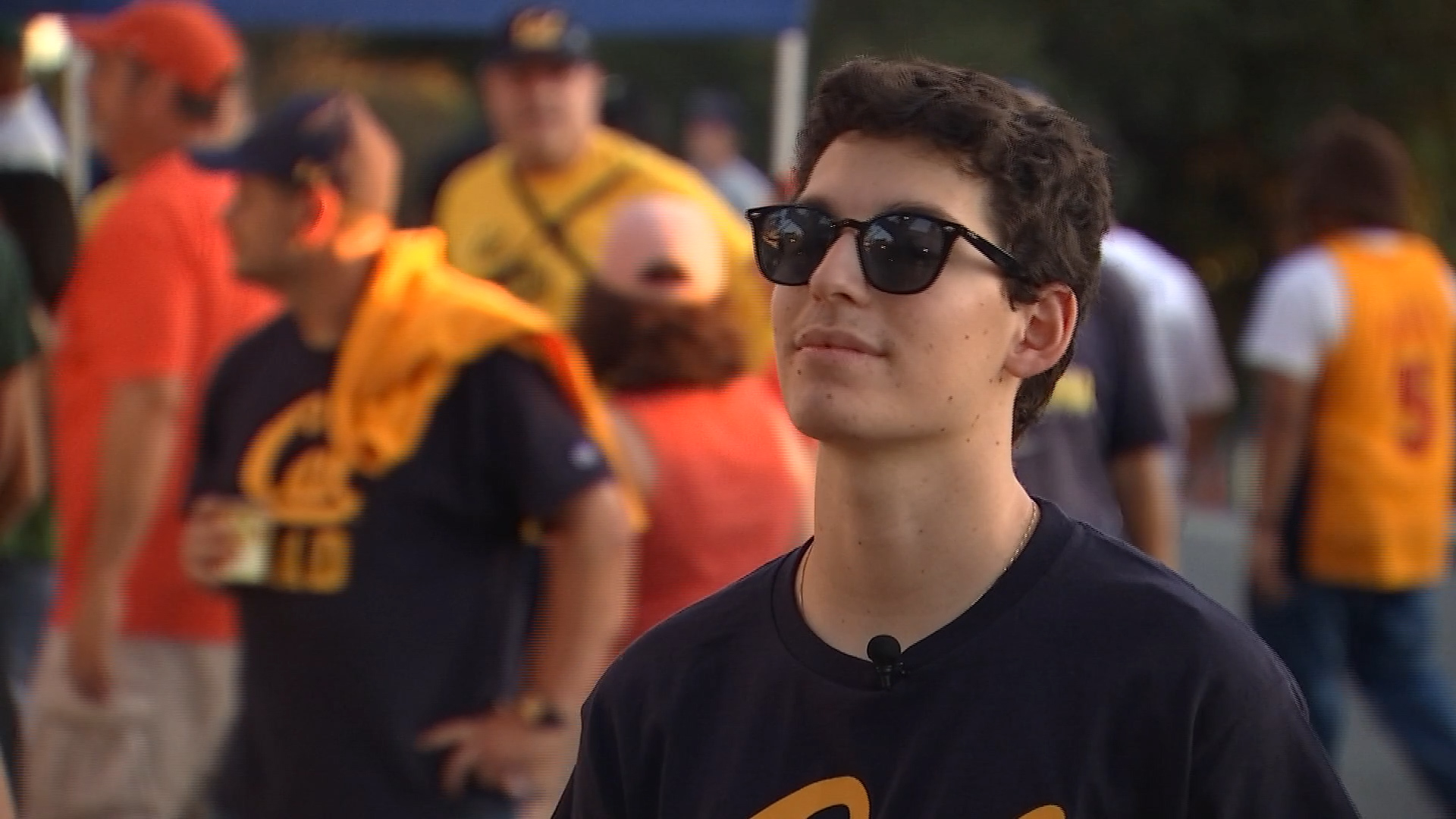There’s no dispute that citizen cell phone video has the changed the national conversation about what’s funny in this country (think: cats playing piano) to much more serious events, such as the officers in Dallas getting gunned down by a sniper to disproportionate number of black men getting killed at the hands of police officers.
But since the Cupertino-based Apple received patent status in late June for new smart-phone technology, the American Civil Liberties Union in Northern California is worried.
That’s because the patent could allow Apple to develop an infrared sensor in cell phones phone that could potentially block the capture of picture and video, and be disabled remotely.
Apple’s approved patent, first filed in 2009, may be intended to prevent people from taking videos at concerts or photos of art at museums. It appears as such. Diagrams filed with the patent show a cell phone being blocked from recording a band on stage.
But the ACLU is concerned about what would happen if police used it, and blocked members of the public from filming protests, arrests and other important events as they unfold on public streets.
“While the technology is being promoted as a tool to prevent the filming of copyrighted material, we think it has the potential to undermine efforts to hold law enforcement accountable,” the ACLU said in a July 1 Facebook post.
Even though the idea might be to “stop folks to stop recording at concerts, that can also be used to stop people’s First Amendment’s right to record,” Matt Cagle, policy attorney for the ACLU of Northern California, said in a Monday interview. “There’s no reason to think the police could be trusted.”
Local
Apple representatives did not respond to two inquiries, last week and again on Monday, for comment. It’s unclear what Apple will do with its patent.
Some observers noted that just because Apple can create something, doesn’t mean its engineers will. And Apple CEO Tim Cook took a hard stand recently against helping authorities, specifically the FBI, when the federal government asked his company in February to unlock the iPhone used by San Bernardino shooter Syed Rizwan Farook. Cook refused saying it would set a “dangerous precedent.” “Opposing this order is not something we take lightly,” Cook said in a statement. ”We feel we must speak up in the face of what we see as an overreach by the U.S. government.”
The ACLU has a vested interest in this issue, as the group of attorneys in 2015 launched a Mobile Justice app, which sends videos of police conduct directly to the local branch.
Cagle said his nonprofit is routinely made aware of new technology and then is tasked with figuring out how law enforcement will use it. The ACLU has done nothing formal with their concerns, other than write a blog and post it to Facebook. Cagle said his colleagues were considering writing Cook a letter, but hadn’t yet.



